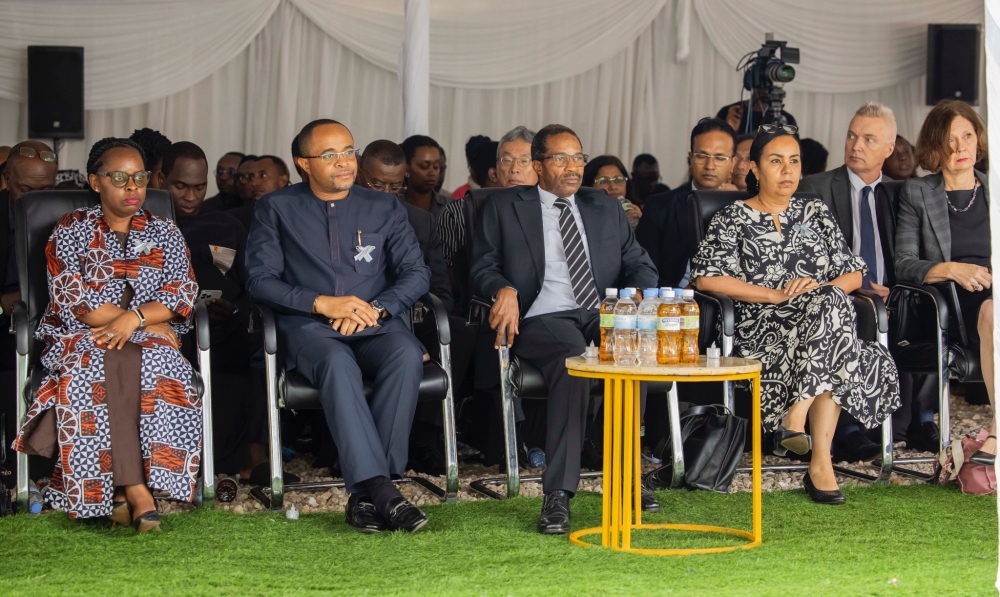HAVING attended the UN Youth21 Global Forum, just last week, there is one particular question which remained with me. Would the objective of this particular meeting – to strengthen youth engagement and participation in the UN architecture - be met?


HAVING attended the UN Youth21 Global Forum, just last week, there is one particular question which remained with me. Would the objective of this particular meeting – to strengthen youth engagement and participation in the UN architecture - be met? Young people today under the age of 25 account for almost half of the global population, with most of them facing unemployment. The combination of a shrinking job market and increasing bulge in youth can arguably be said to be responsible for the protests we witnessed in 2011, ranging from those across Arab nations to protests in Europe and the US.The Youth 21 Global Forum, held in Nairobi for four days, was a global initiative to convene young people across the world to engage with the United Nations. This forum was a meeting unlike any that characterises those held by UN agencies. To start with, there was a refreshing dose of informality in discussions and presentations, which meant more interesting and authentic deliveries. The fact that panels were chaired by people as young as 24 reflected the valid point that the forum was based on dialogue and recommendations amongst the youth to the UN. It also consisted of the same bold calibre of the youth who, at the 2010 African Union Summit, didn’t hesitate to assure heads of state present on the need to factor youth issues on the African Continent on national agendas. Frankness was a key characteristic of the dialogue being held, and it seemed that this wasn’t one of those conferences that take place simply for the sake of it. It was the last day of the forum, when a particular chatter started picking up amongst the youth in the hall. One output of the forum was to draft a statement advising the Secretary General on the mandate for the soon to be appointed Special Advisor on Youth, and the creation of a Permanent Forum on Youth at the UN. It was the process of this draft statement which seemed to raise concerns on whether the statement would be effective at all. Having over 100 very vocal, opinionated young people agreeing on a document, paragraph by paragraph, didn’t do well in convincing participants of the document’s effectiveness. Wouldn’t it have been better instead to agree on general recommendations, and leave the fine detail to experts?A war on semantics gradually built up reviewing what had been drafted, and it was this particular chatter that made one wonder – would the statement be effective within the UN architecture in its entirety? Would the UN be accountable to the youth? It is great that such a forum is happening – that world organisations are realising the need to engage with the youth in governance issues and promote their participation in this regard. But to see a consensus statement by young people from all over the world undergo avoidable complications raises a few concerns on the processes of the youth engagement with such an intricate organisation such as the UN.




